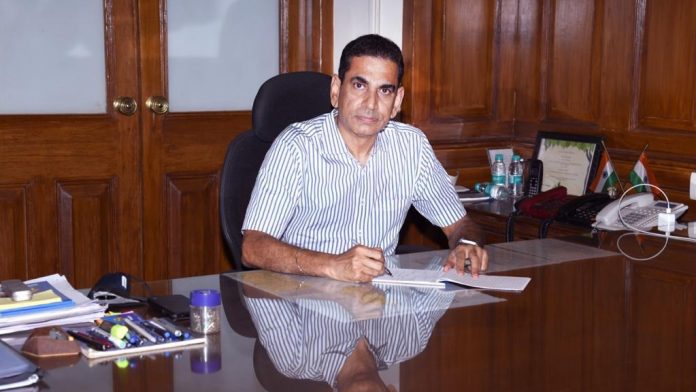BMC Commissioner Iqbal Singh Chahal : leptospirosis threat in monsoon.
BMC Commissioner Iqbal Singh Chahal : leptospirosis threat in monsoon.
By Shabana Choudhary
The drive is necessary to prevent outbreak of leptospirosis, a deadly bacterial infection which spreads mainly through rodents, during the rainy season.
Leptospirosis, or rat fever, is one of the most common threats to health and life in a deluge. BMC should take preventive steps for leptospirosis in all 24 wards.
Left untreated, leptospirosis is life-threatening. It can lead to permanent failure of the liver, permanent kidney damage, and meningitis (an inflammation of the membrane that covers the brain and spinal cord). Meningitis can cause painful swelling at the back of the neck and head, and kill someone within hours.
It spreads through contact with urine or faeces from dogs, rats or farm animals that are already infected with leptospirosis.
During floods, the reason that cases of leptospirosis rise is that contaminated water is all around. “Poor sanitation is the biggest reason for spread of the infection.
The bacteria can enter a healthy person through cuts and wounds that are exposed to contaminated water. The first symptoms to look for are “high fever, chills, headache and muscle pain.
Avoiding walking in flood water that could have been contaminated by animals is the most sensible thing to do to prevent leptospirosis infection.
















